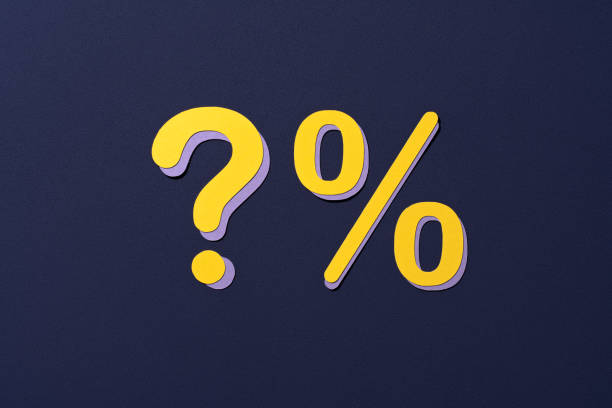
The anxiety of an unpaid utility bill is a reality for many households, leading directly to the pressing question: can your essential services truly b...
Read More
The crisis of overextended personal debt often brings to mind maxed-out credit cards and overwhelming loan payments, yet a deeply consequential and st...
Read More
The journey of overextended personal debt often follows a predictable and harrowing path, beginning with missed payments and culminating in the most s...
Read More
The precarious equilibrium of managing overextended personal debt is a fragile state, entirely dependent on the consistent flow of a steady income. Th...
Read More
The personal budget, in its most ideal form, is a blueprint for financial freedom, a tool for aligning dreams with dollars. Yet, for an individual gra...
Read More
The weight of debt can feel like a constant companion, and a common question for anyone on a financial journey is determining how much of their monthl...
Read MoreGenerally, no. Closing an account reduces your total available credit, which can instantly increase your overall credit utilization ratio and lower your score, even if you owe nothing on other cards.
A personal line of credit offers flexible borrowing at lower rates than credit cards. It should be used for planned expenses or emergencies, not discretionary spending, and paid down quickly to avoid accumulating interest.
Generally avoid this—it can trigger taxes/penalties and jeopardize your future security. Explore financial aid, negotiation, or low-interest loans first.
An automatic stay is an immediate, temporary injunction that halts all collection actions, lawsuits, wage garnishments, and foreclosure proceedings the moment a bankruptcy petition is filed. It provides legal breathing room to reorganize or liquidate debts.
Non-profit debt relief refers to services provided by organizations that are registered as 501(c)(3) non-profits, typically offering credit counseling, debt management plans (DMPs), and financial education to help individuals manage and overcome debt.